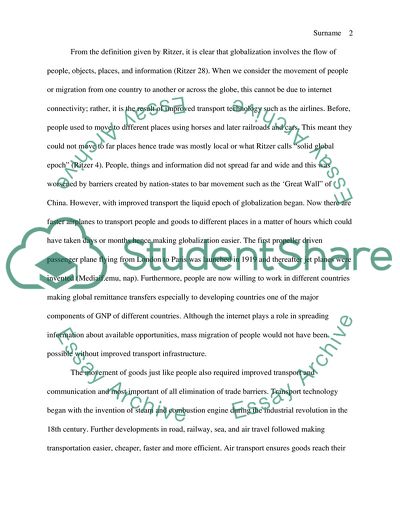Cite this document
(“Globalization in World History Research Paper Example | Topics and Well Written Essays - 1750 words”, n.d.)
Globalization in World History Research Paper Example | Topics and Well Written Essays - 1750 words. Retrieved from https://studentshare.org/social-science/1847947-globalization-would-not-have-been-possible-without-the-development-of-the-internet
Globalization in World History Research Paper Example | Topics and Well Written Essays - 1750 words. Retrieved from https://studentshare.org/social-science/1847947-globalization-would-not-have-been-possible-without-the-development-of-the-internet
(Globalization in World History Research Paper Example | Topics and Well Written Essays - 1750 Words)
Globalization in World History Research Paper Example | Topics and Well Written Essays - 1750 Words. https://studentshare.org/social-science/1847947-globalization-would-not-have-been-possible-without-the-development-of-the-internet.
Globalization in World History Research Paper Example | Topics and Well Written Essays - 1750 Words. https://studentshare.org/social-science/1847947-globalization-would-not-have-been-possible-without-the-development-of-the-internet.
“Globalization in World History Research Paper Example | Topics and Well Written Essays - 1750 Words”, n.d. https://studentshare.org/social-science/1847947-globalization-would-not-have-been-possible-without-the-development-of-the-internet.


